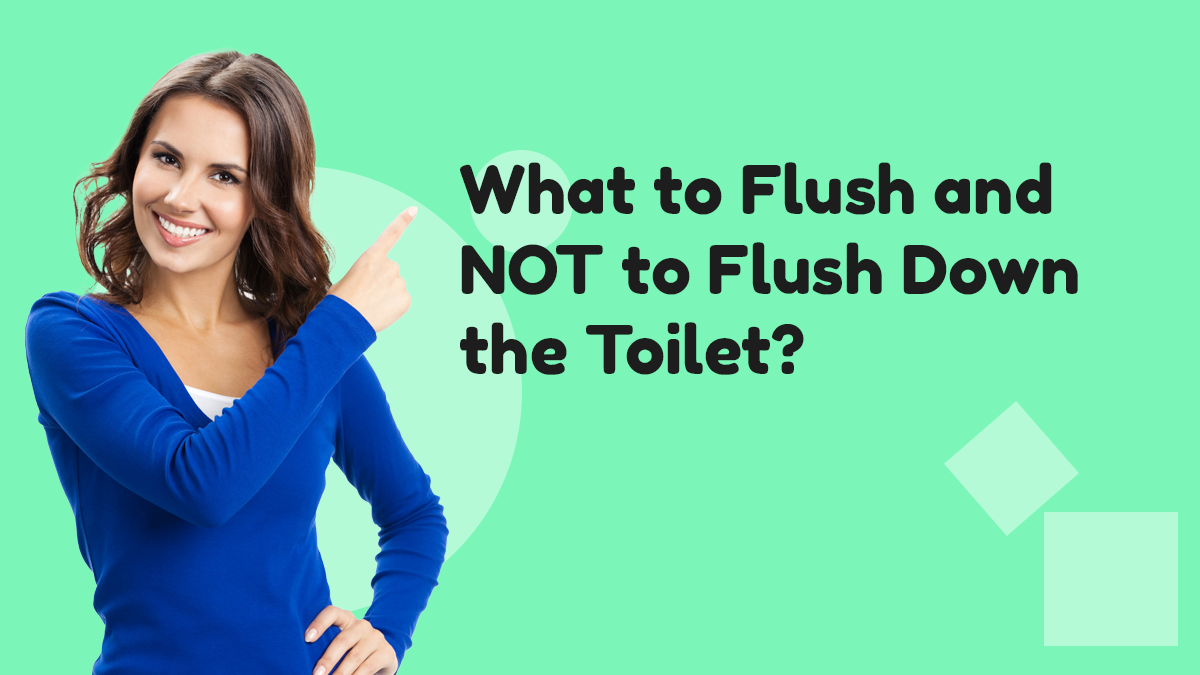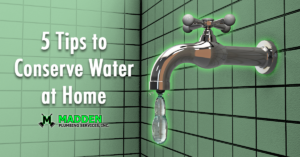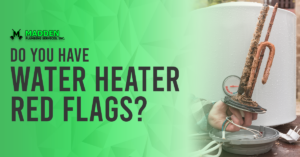What to Flush and NOT to Flush Down the Toilet?
Like most people, you’ve probably heard that flushing your toilet is a good thing. After all, getting rid of some waste can make your water cleaner and the bowl less gross looking. But what do you do with those items that don’t fall into one of those two categories? That’s where this article comes in! We’ll walk through what should go down the drain and why—so that when it comes time to replace your old toilet seat or get new ones for your friends (or themselves!), they’ll know exactly what goes where so they can enjoy their brand new bathroom without worrying about cleanliness issues.
It is essential to know what to flush and what not to flush.
It is essential to know what to flush and what not to flush. The following are things that you should not flush down the toilet:
- Anything made of plastic, such as bubble wrap, plastic bags, and packaging;
- Any item with food on it (such as a tin can) or broken food containers;
- Food waste that has been left in the sink for more than 24 hours;
- Rags or paper towels soaked in any liquid other than water (e.g., urine).

Foreign Objects
Foreign objects are not toilet paper. They can be anything from regular household items like coins or toys to medical waste, like bandages and used needles.
If you find something in your toilet bowl that doesn’t belong there, do not flush it down the toilet!
Not all objects flushed down toilets will cause problems for people living nearby (or in other rooms of your house). However, if you have concerns about how much weight your bathroom has taken on its own over time—and you don’t want those concerns to lead directly into a clog—you’ll want to take care when flushing out foreign objects.

Medications
Medications are on the list of things that you should not flush on the toilet. They may cause damage to plumbing and septic systems, harm the environment, and even harm fish and other wildlife.

Diapers and Feminine Products
You’re probably thinking, “But I can’t flush diapers and feminine products!” You’re right. Diapers and feminine products are not biodegradable and do not break down in the sewer system as other trash does. They can cause clogs in the sewer lines, so they should be disposed of properly instead of flushed down your toilet.
Also, if you have a septic system (a tank that collects wastewater before it goes into your sewer), don’t flush disposable wipes with toilet paper because they could cause problems for your septic system by breaking down too much over time—and this means you’ll need to take care of those pesky clogs!

Condoms
Condoms, like tampons and pads, can cause clogs and backups. It is best to wrap them in toilet paper and throw them in the trash.

Cat Litter
Cats are known for their love of litter, but this love can be harmful to the environment. While cat litter is made from clay and sand, it’s not biodegradable. The non-toxic chemicals used in cat litter are also not readily biodegradable or broken down by natural processes such as composting.
Cat litter should only be flushed down the toilet in small quantities (less than 3). However, if you have a large amount of cat waste and no other way to dispose of it safely and legally, then please call your local government office first before flushing any material down your toilet because they may require more information regarding how much waste was collected before they will issue you an approval letter authorizing them to issue said approval letter!

Flushable Wipes
Wipes are a great way to keep your hands clean and dry, but they can cause problems in the toilet. If you’re not careful, wipes can clog your toilet, causing sewage backups that can lead to mold growth and other issues.
Wipes also don’t break down in sewage systems—they sit there forever until someone dumps them out of their system (or flushes them). This means that if you have any plumbing issue that needs repair or maintenance later on down the road (like a leaky valve), those wipes could potentially cause more damage than good if left behind in your pipes for too long!
Wipes also don’t always come off quickly once deposited into toilets; some users report having trouble removing them from their intended destination!

Toilet paper
You may be wondering if toilet paper is flushable. The answer is no; it’s not. It can cause clogs and backups in your sewer system, possibly costing hundreds of dollars to fix.
Toilets are designed to hold human waste until you can dispose of it properly (or at least close enough, so you don’t smell like a bathroom). When flushed down the toilet and mixed with water from all the other wastewater going through pipes into sewers around town, this mixture will become thick enough to clog up drains—and worse yet: cause flooding!

Human waste
Human waste is not a good idea to flush. It can cause blockages in the plumbing system, leading to severe problems for your home and the sewer workers who have to clean it up. Additionally, the human waste contains bacteria that can spread disease when flushed down toilets or drains.
Ask an expert if you have any questions about whether it’s safe to flush something down your toilet!

Hair
Hair, the most common cause of a clog, is not biodegradable. It can accumulate in your toilet and cause blockages in pipes, backups in pipes, floods, and sewage backups.
Hair is not something that you want to flush down your toilet!

Water from a water filter
Water filters are designed to remove impurities from water, such as sediment and dissolved minerals. The filter should be replaced every six months to 1 year, depending on how hard you use the water source (a hard-working family of five may need a new one every six months). Filters can also be cleaned but not reused; if possible, replace your filter with one tested for bacteria removal by the manufacturer.

Feminine hygiene products
Feminine hygiene products are not flushable. These items can clog your toilet and cause damage to your plumbing and environmental damage if they aren’t disposed of properly. The only way to flush feminine hygiene products is in an appropriate trash receptacle designed for that purpose. For example, a regular plastic bag will be too small and won’t contain all the waste from a tampon or pad; however, it’s better than nothing!

Cigarette butts or ashes
If you have cigarette butts or ashes in your toilet, they are not biodegradable. They can clog up the drain and cause odors. They also may cause your toilet to overflow if they’re too large for the drain opening.

Let Your Toilet Live a Long Life
Your toilet is a significant component of your plumbing system, and it’s the most used part of your plumbing. That’s why you should take care of it!
So, now that you know what to flush and not to flush, it’s time to get rid of all those things that don’t belong in your toilet. It may seem like a lot of work at first, but once you get into the habit of flushing only what should go down the drain, you will find it more manageable. Remember: if in doubt, throw it out!






